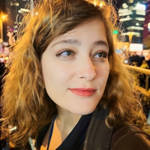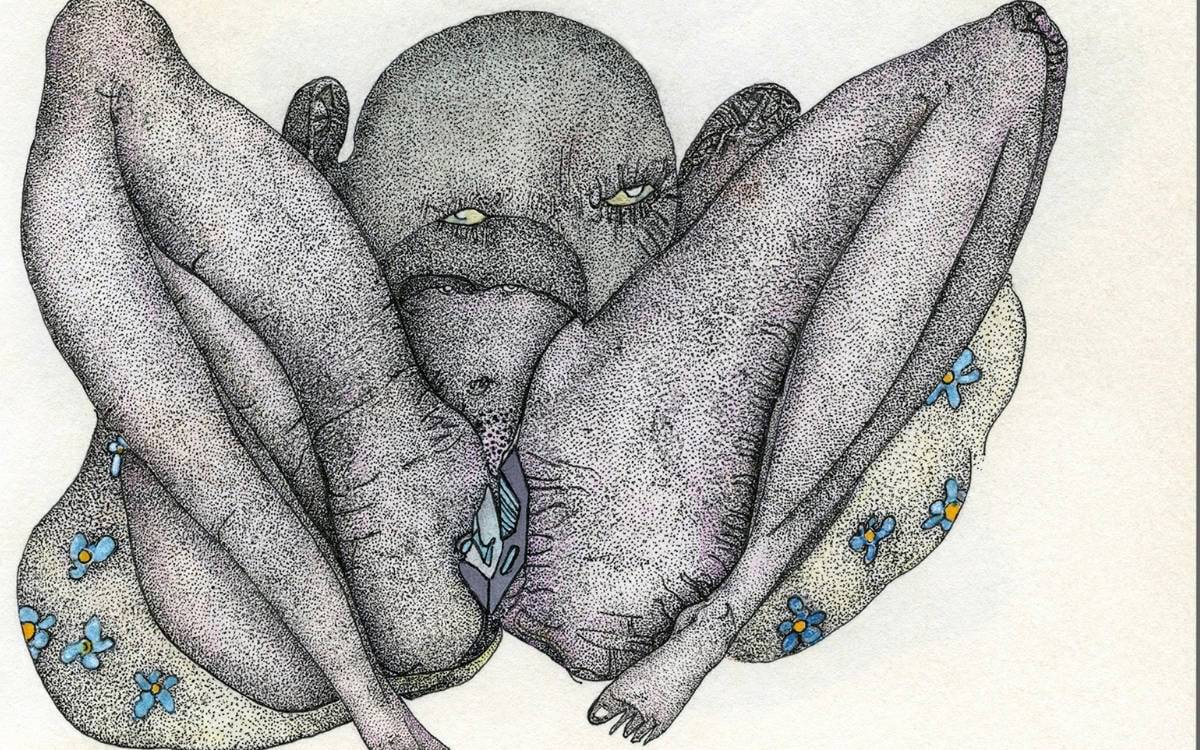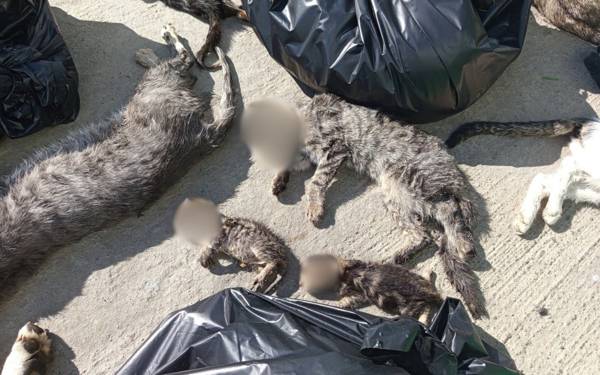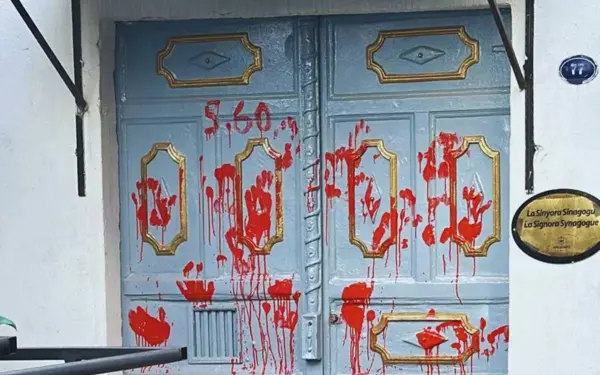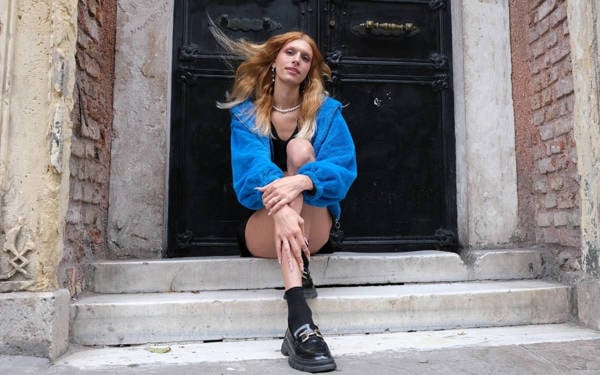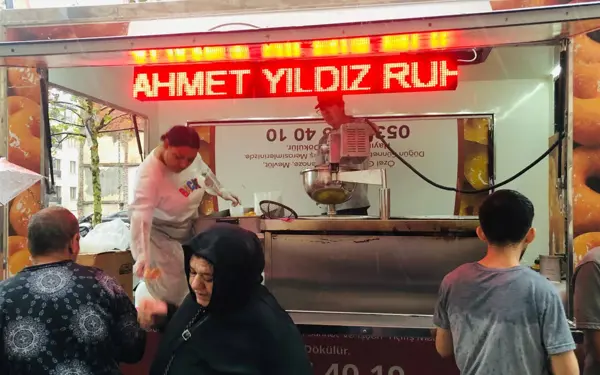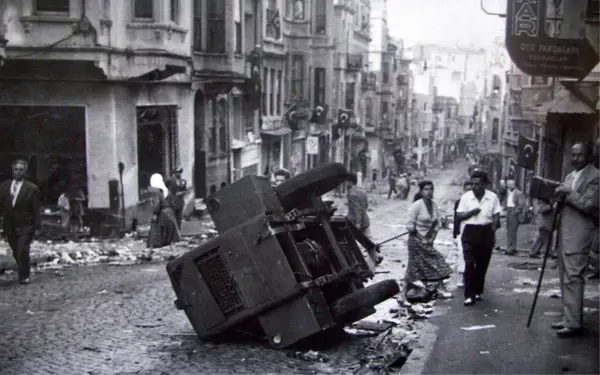An artwork by artist Fahrettin Örenli was censored at the Beyoğlu Municipality’s İstiklal Art Gallery during his solo exhibition, One Way.
Curated by Mehmet Kahraman, the exhibition featured Örenli’s installation The Organic Cities Made up of 'UST’, which was initially accompanied by the artist’s book ConspiracyWall->ANARTIST- as part of the display. However, this book was removed prior to the exhibition opening due to claims that it had been included without permission.
On Oct 12, Örenli was sent a photograph revealing that one of his artworks from the installation had also been removed.
Complaint over ‘obscenity’
Örenli, calling the incident an obvious act of censorship, explained, “First, they informed me that the book intended to accompany the installation wasn't included, which I accepted. But shortly after, before I had a chance to visit, a friend who saw the exhibit sent me a photo. Looking at it, I noticed my work was missing. I tried to reach the curator, who also wasn’t aware, so we first assumed it had been stolen.
“At first, I couldn’t understand how this could happen, especially since there should be cameras and security in a gallery like this. A week passed, and still, the piece wasn’t there.
“On Oct 17, I met with the municipality’s art consultant to resolve the issue without filing a complaint. That same day, I met with the curator, and the artwork was reinstalled. During the meeting, I was told that a viewer had complained about 'obscenity' and that it had been removed to address such ‘sensitivities.’ The people from the municipality asked me not to push the issue further, explaining the country’s difficult circumstances. However, they did not apologize. The following day, October 18, I withdrew my work from the show, which then closed.”
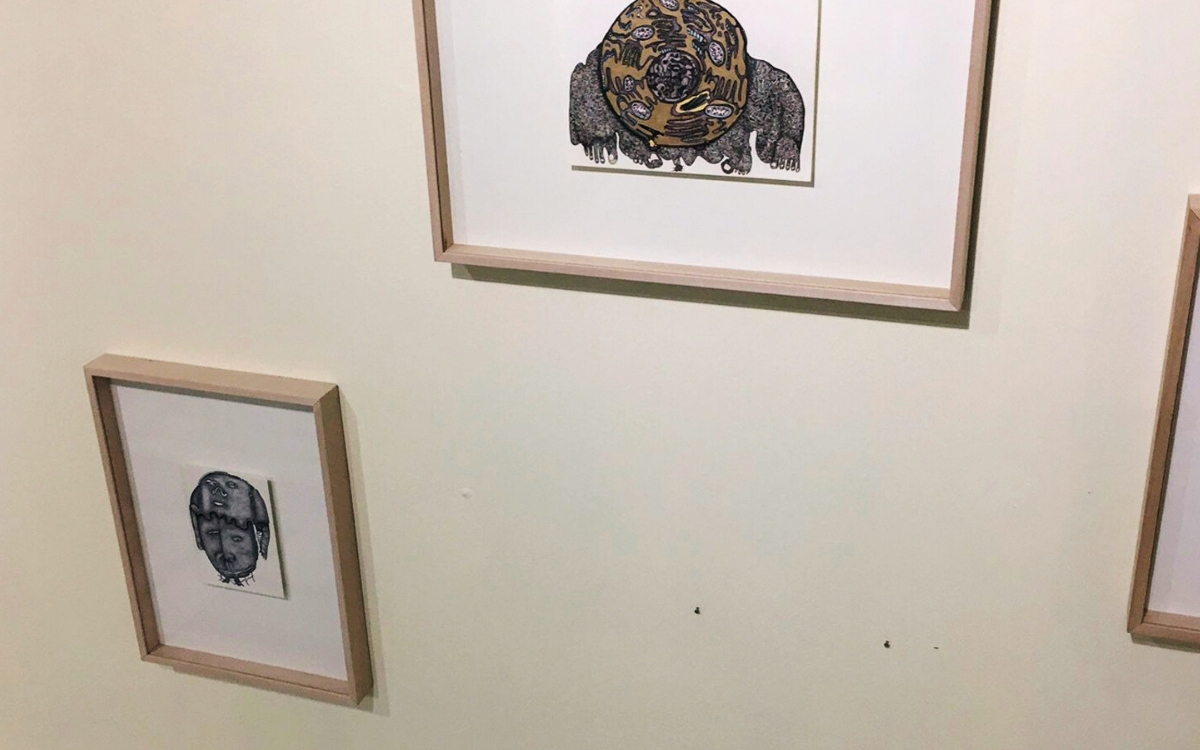
CHP municipalities’ stance
Örenli expressed disappointment that the censorship had occurred in a gallery overseen by a municipality governed by the main opposition Republican People’s Party (CHP). “It is especially concerning to experience this with a CHP-led municipality. In an environment where artistic expression is increasingly restricted, our expectation from CHP municipalities is that they do not extend this pressure under the guise of ‘sensitivity.’ Even the government itself did not previously interfere with this work. By removing the artwork and failing to inform me, the CHP municipality has raised serious questions about its stance on art.
“I joined this exhibition hoping to help create a freer artistic space and to foster the country’s collective spirit. I also trusted the CHP in this regard, but the outcome was disappointing. If the government changes and the CHP takes charge, it is alarming to think they might continue this repressive approach. Municipalities must be vigilant to ensure that censorship like this does not happen again. If they fail to take a stand for artistic freedom, they risk becoming indistinguishable from their opponents.”
About Fahrettin Örenli
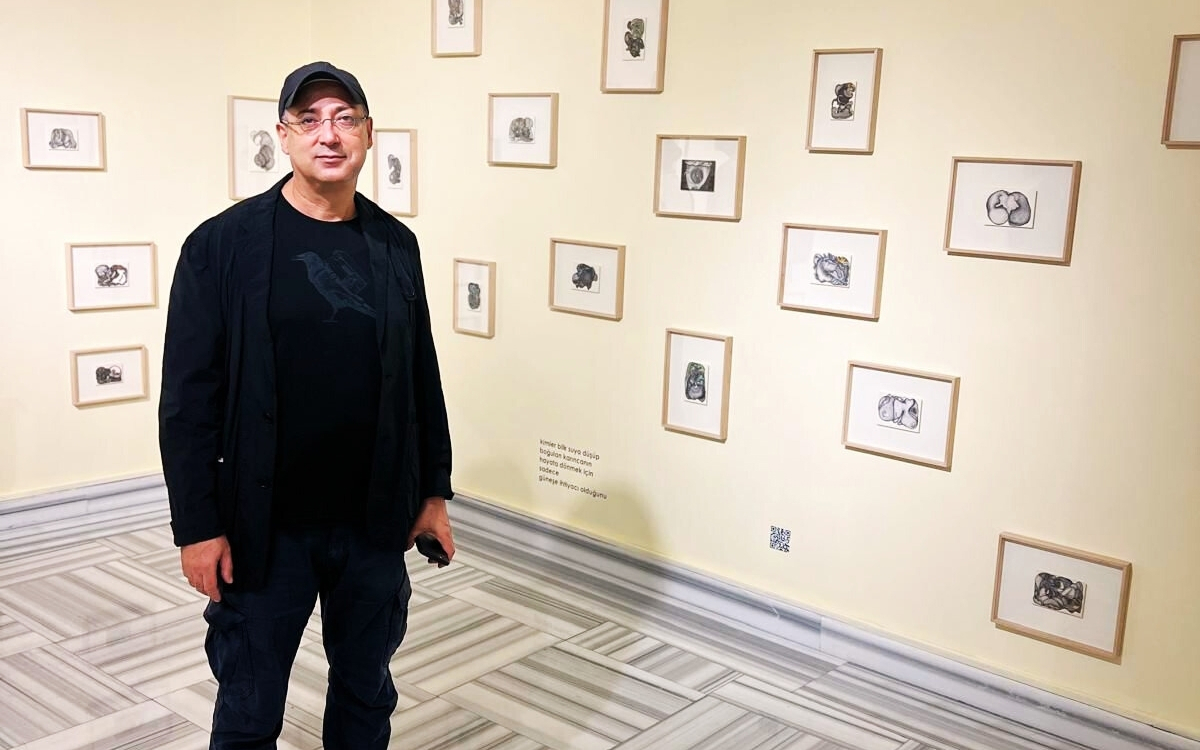
Artist based in Amsterdam, İstanbul, and Seoul.
Educated at Gerrit Rietveld Academy and Rijksakademie Van Beeldende Kunsten in the Netherlands, Örenli has participated in prestigious residencies, including MMCA Changdong (2017), Platform Garanti Contemporary Art Center in İstanbul (2006–07), and ISCP in New York (2003). His accolades include the ABN AMRO Art Award in Amsterdam (2004) and the Royal Painting Prize (2000).
(TY/VK)




